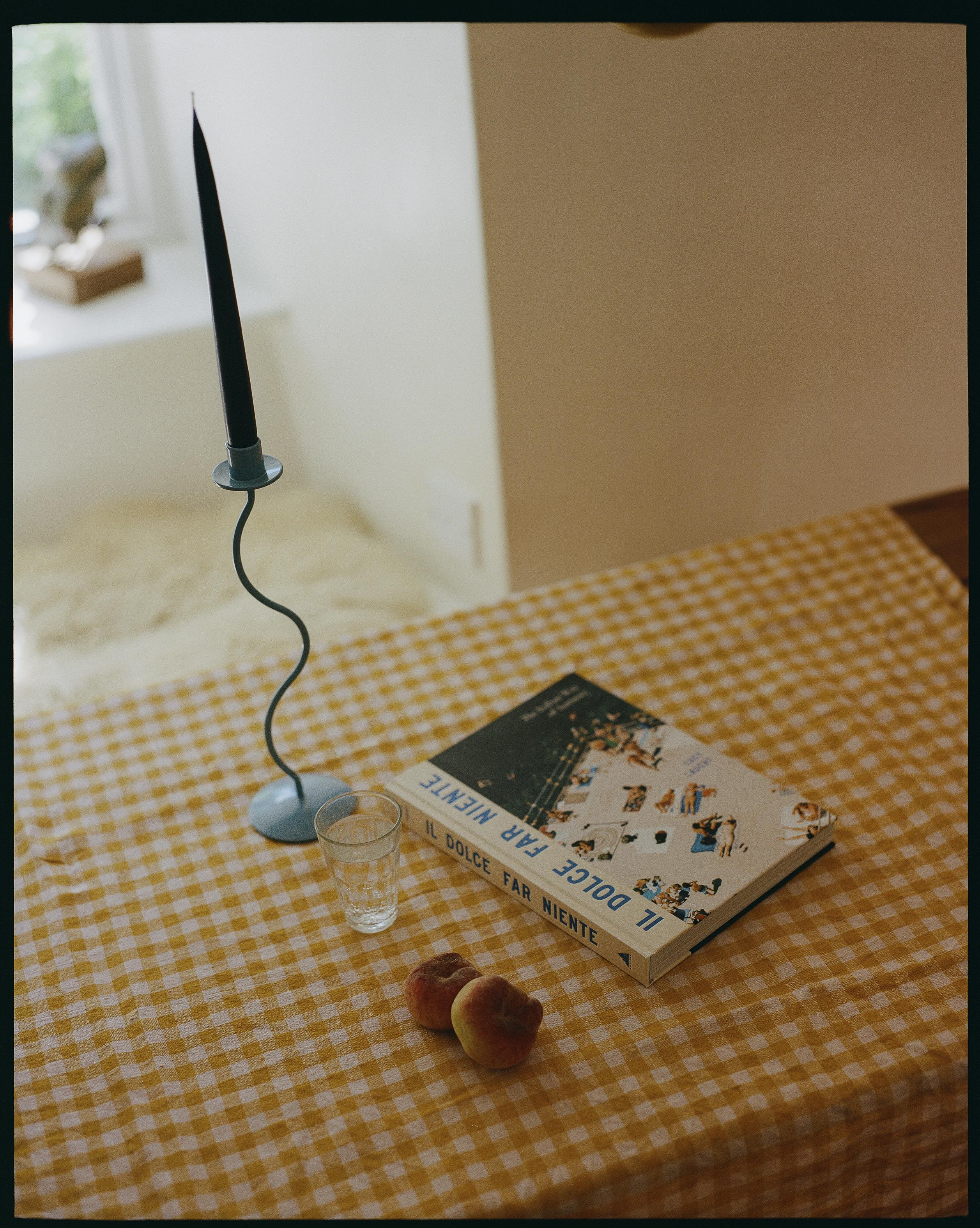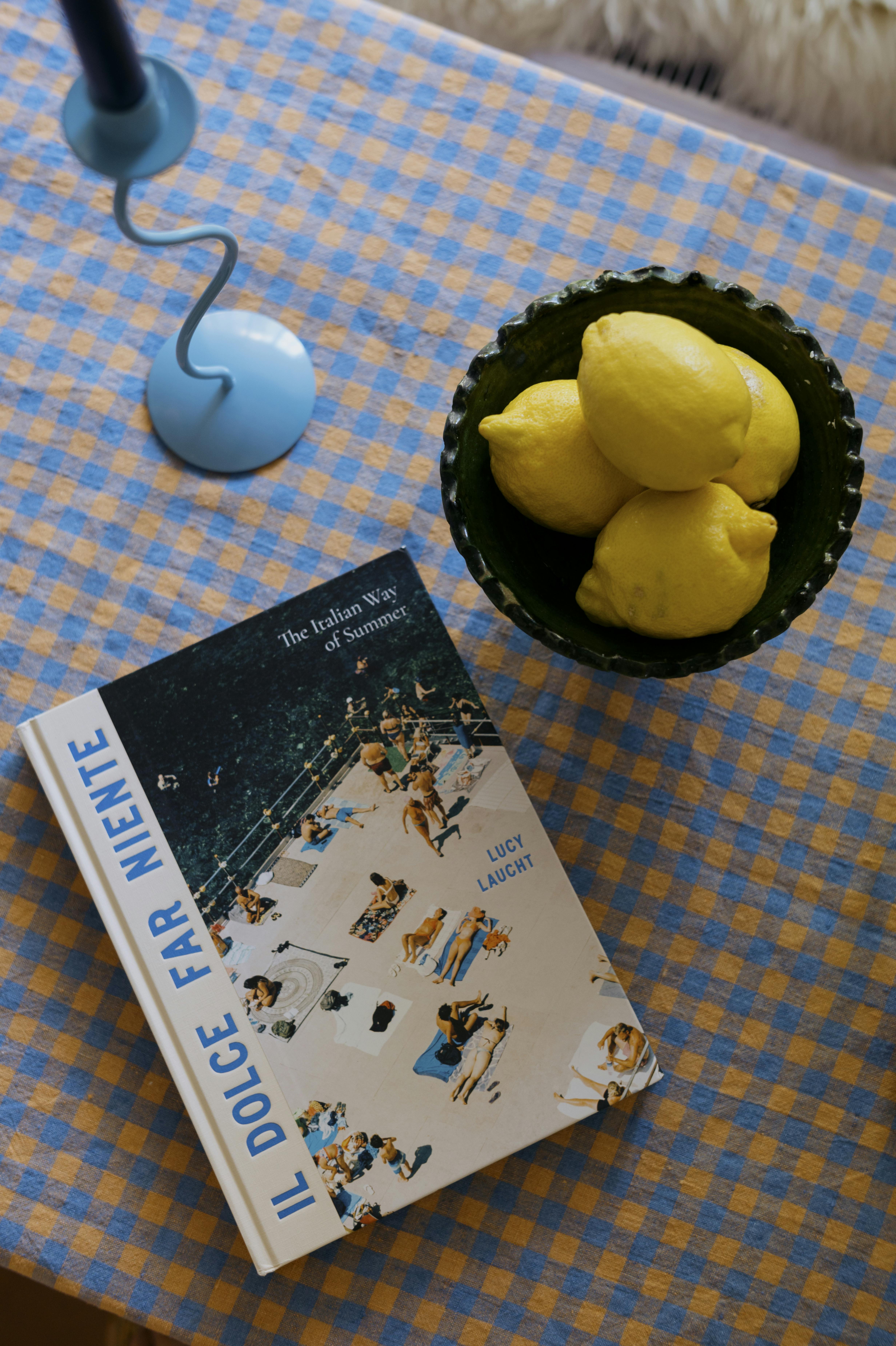
Lucy Laucht: Il Dolce Far Niente:
Photographer and storyteller Lucy Laucht captured these photographs at home for Glassette to celebrate the launch of her first book Il Dolce Far Niente. Read our interview with Lucy to learn more about what she aims to express through her photography and why she thinks Italy is one of the most visually potent and fascinating places in the world.
How would you describe your photography style?
I strive for my photographs to feel transportive, to elicit a feeling, a sense of nostalgia perhaps. My work is very informed by natural light: the intensity of noonday sun upon a beach, or the vestiges of golden light dancing on water. I endeavour to create work that makes people feel something.
What are you looking for when you’re taking a photograph?
For the perfect alchemy of light, composition and of course, the illusive decisive moment. My eye has long been drawn to scenes that convey a sense of place and tell a story about the people who live within it. Over the past few years my gaze has turned to the human milieu of a summer beach. I love the calm and the chaos; the way a country’s maritime fringes reveal so much of the national character and who we are beside the sea, at play. Nowhere in the world is this as visually potent as Italy.
When you were younger do you remember being someone who noticed things that others didn’t?
My father, also a photographer, once gave me a small white disposable film camera to document a family holiday. I vividly recall framing scenes through the viewfinder long after the film was spent. Later I would study photography but drop out after being told by a tutor I had no good eye or attention for the technical aspect. Sadly, I listened, and it wasn’t till later I returned to pursue photography. Largely self-taught, I maintain the belief that photography is about light and the way you see the world, not rules and technicalities! The way I see the world is very vivid and colourful.
Tell us about one of your favourite photographs, take us back to the moment when you captured it?
An afternoon scene at Santa Lucia city beach, Naples. There’s beach clutter everywhere; shoes, bags, water bottles, an upturned boogie board with a pair of slides on top. Pigeons peck under the plastic chairs for panino crumbs. A tinny radio beams trashy Neapolitan pop music. The sound of blaring car horns from yet another traffic jam on the coast road just up above. And there in the midst is a woman in a chic blue headscarf, head tilted toward the sun, at ease. She has tuned out, found peace amid the chaos. Bliss happens wherever you choose to create it.
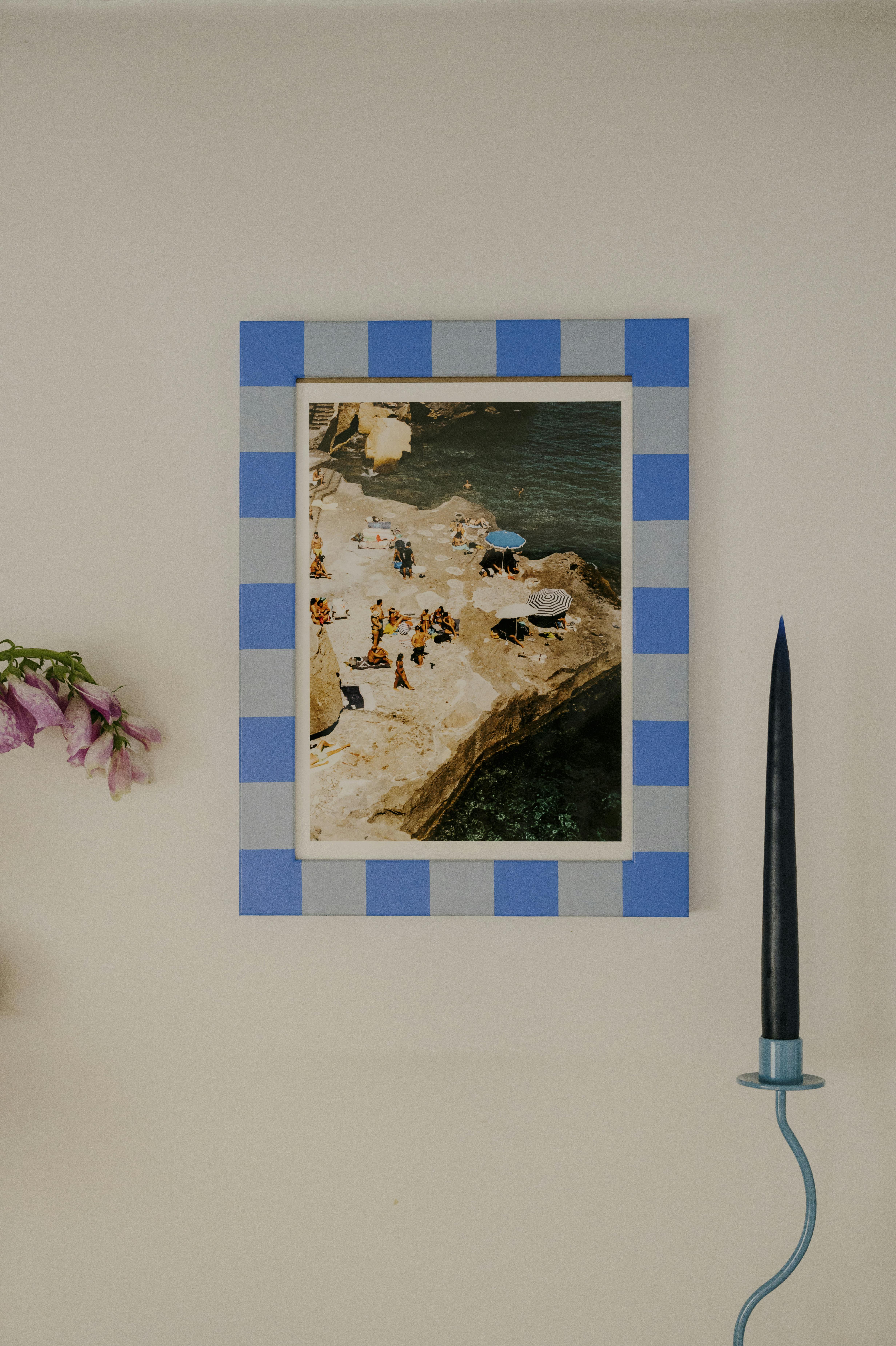
Where are you travelling to next?
I’m Italy bound for work. I’m lucky enough to travel frequently for work, so for me a real vacation is time at home, in Cornwall.
How do you plan your travels/where do you find inspiration for where to go next?
I have a preoccupation with traveling the long way round. A couple of years ago, I boarded an overnight ferry from Naples to Stromboli, slept on the fore deck under the stars and arrived at dawn in the Aeolians, an archipelago of seven volcanic islands rising from the Tyrrhenian Sea. If travel involves a proper journey, with some degree of discomfort along the way, the greater the reward. I’m a huge believer in allowing a few unplanned days and letting the road take you—some of my best discoveries have happened that way.
What aspects of your travels do you bring home with you?
I have a borderline problem with ceramics and once brought an entire suitcase of plates home from Mexico in hand luggage, I’ve become quite the pro at negotiating overweight baggage. Figuratively, I’m always grateful for the expansive sense that travel allows.
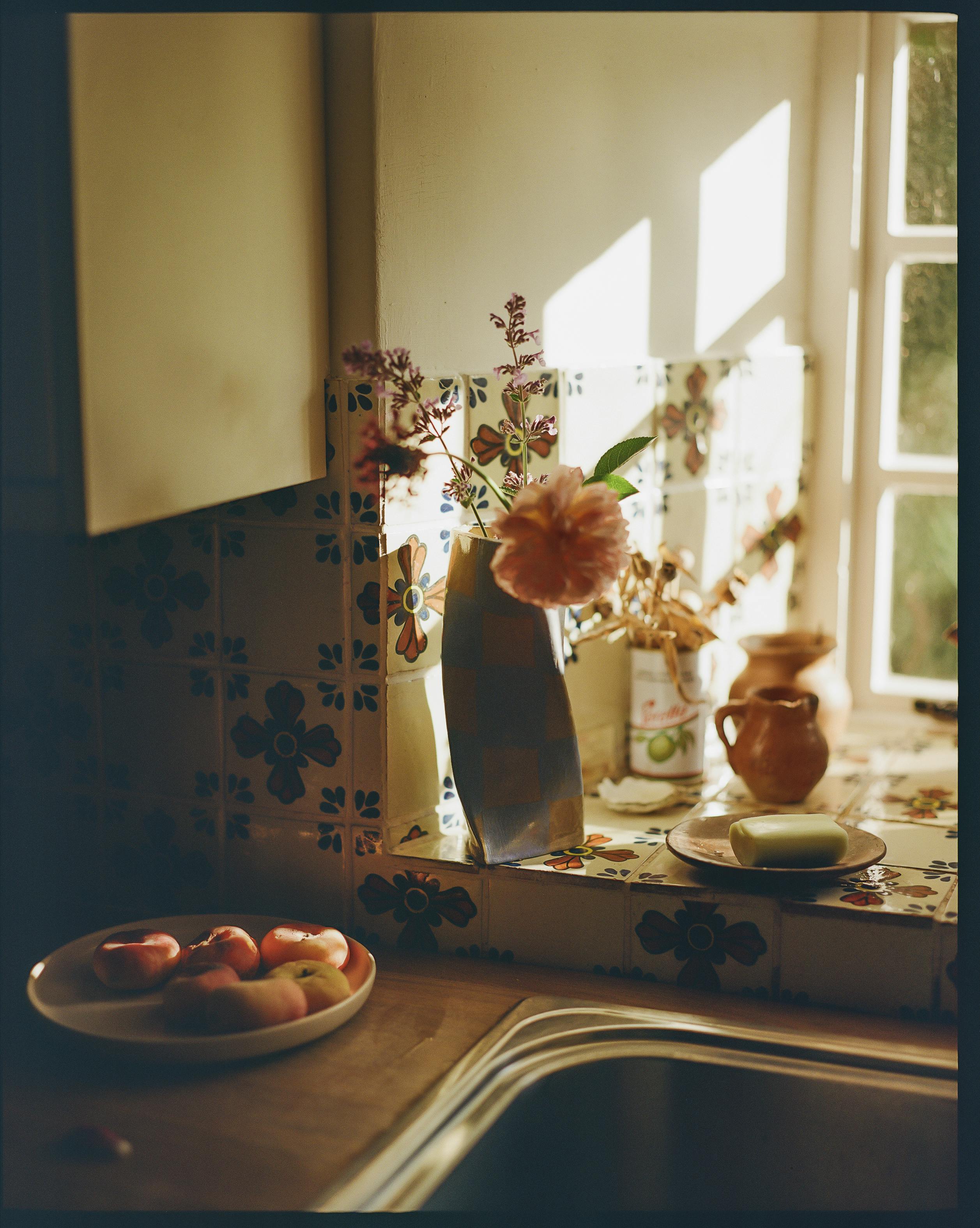
When did you first fall in love with Italy?
My grandfather would regale me with tales of the time he spent in Italy. He painted the walls of the family home with splendid frescoes of the Bay of Naples. My first real experience of Italy was vivid and cinematic. I remember the almost lyrical quality of light: my first bite into a rich, ripe Sicilian tomato; the elegance of the evening passeggiata, when a whole town would turn out to stroll along the main street; boats riding at anchor in the village of Positano.
What is it about Italy that draws you in?
What I really love about Italy is the repose with which Italians appear to move through life. I admire those long, unhurried lunches, the strong connection to family, community and place, their quiet cultivation of ease and joy.
Tell us more about your book!
The elegant Italian expression il dolce far niente translates as “the sweetness of doing nothing”, “sweet idleness”. In a world that is busier and noisier than ever, I wanted to explore the principles of this philosophy, and ask what can be learned from this gentle way of life.
And so, with my dad’s old film camera in hand, I travelled through Italy’s southern rivieras, from the Amalfi Coast to the volcanic Aeolian archipelago, capturing the slow pace of Italian summer: lively Neopolitan beach scenes and bathers lazing on rocks.
The result, I hope, is a transportive photographic study of southern Italy and an ode to the nostalgic spirit of Italian summer.
If people were going to gift your book, who would it make the perfect gift for?
I mean, who doesn’t love Italy?!
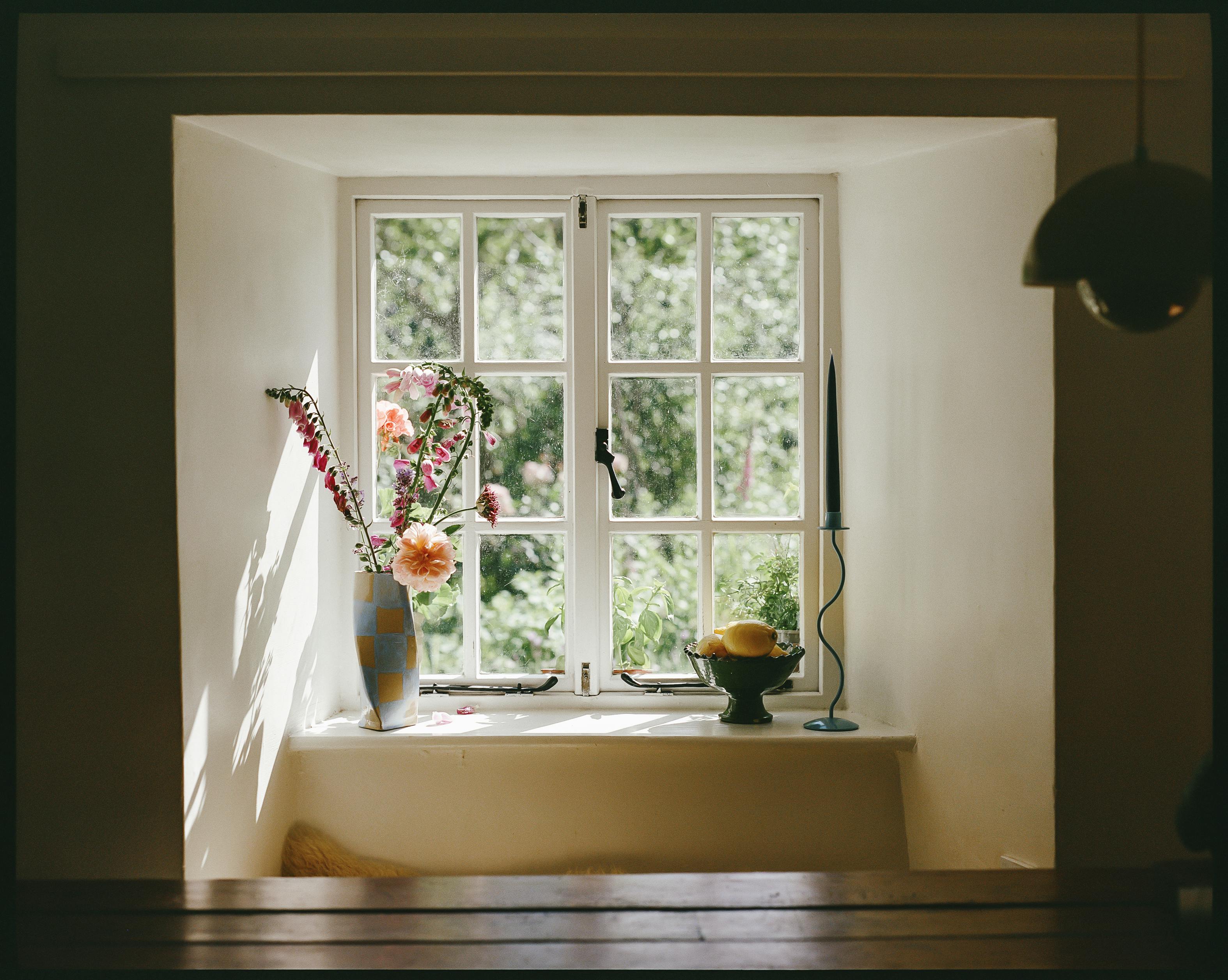
QUICK FIRE
Favourite hotel you’ve photographed?
Very tough choice between Il Pellicano and Le Sirenuse
Favourite restaurant you’ve photographed?
Chef Lukas of Casa Lawa’s legendary beach dinner scenes
Soundtrack to your summer?
Buona Sera by Louis Prima
Three favourite things about travelling to a new place?
Solo glass of wine at a bar upon arrival in a new city, the piqued sense of anticipation and heightened awareness—it’s like I’m seeing everything anew, the thrill of the chase for locally handmade ceramics.
Three favourite things about coming home?
Doing laundry & ironing (literally, my happy place) first swim in the Cornish Sea, being greeted by my menagerie (I have two cats, one dog and nine chickens) and my garden
Best beginners film camera?
The best camera is the one you have with you, always. Second to that, Pentax Spotmatic.
What is your advice for someone who wants to really learn and throw themselves into photography?
Become obsessed. Photograph a story every single day. Passion first, career second. Find your unique way of seeing, everyone has their story.
